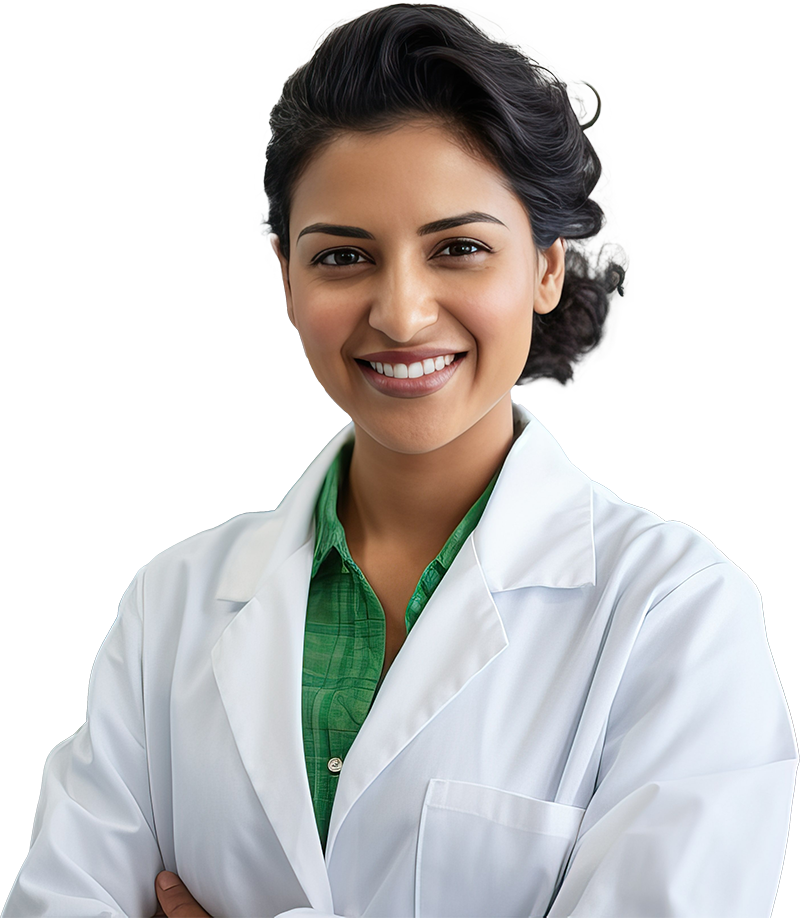As a maintenance fitter, you could:
- install pipework, valves, pumps and motors
- carry out planned maintenance checks
- find and fix faults
- replace worn parts, reset instrument controls and clean machinery
- respond to emergency breakdowns, for example on a factory production line




